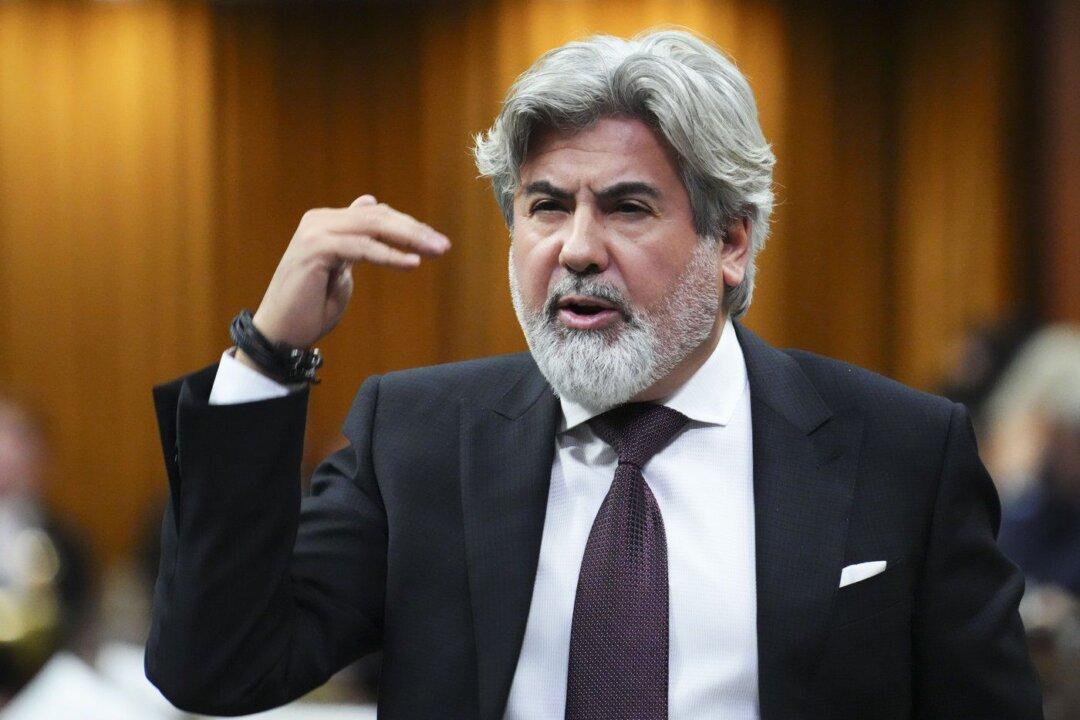Commentary
Ever go on the internet and have your feelings hurt? Ever run into the cold, hard facts of life online and want to curl up in the fetal position, suck your thumb, and whimper?

Ever go on the internet and have your feelings hurt? Ever run into the cold, hard facts of life online and want to curl up in the fetal position, suck your thumb, and whimper?